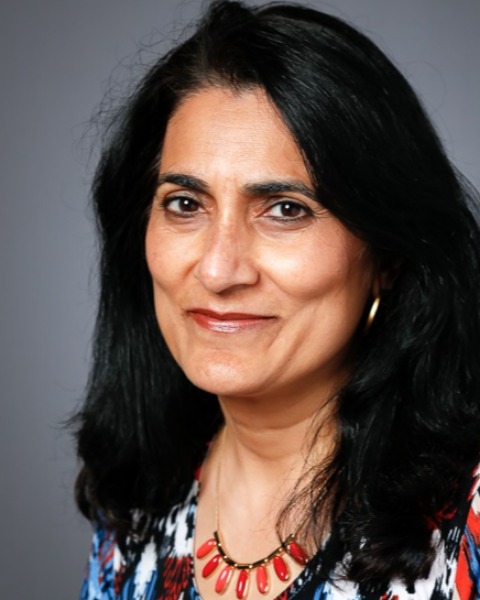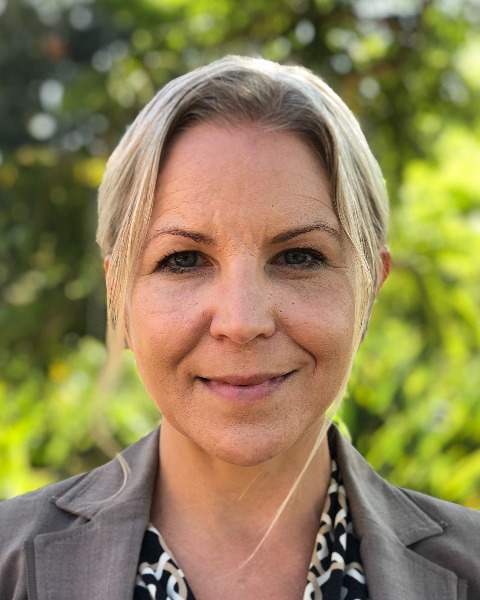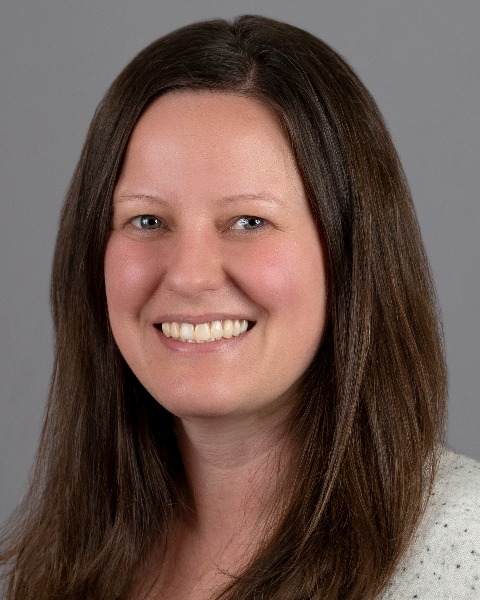Interdisciplinary
The HERO CARE Survey: Measuring the Unmet Needs of American Military Veterans and Their Caregivers
-

Stuti Dang, MD, MPH (she/her/hers)
Professor of Clinical Medicine
Geriatric Research Education and Clinical Center (GRECC)
Miami VA Healthcare System
Miami, Florida, United States -
RT
Ranak Trivedi, PhD, FSBM, FGSA (she/her/hers)
Associate Professor
Center for Innovation to Implementation
Stanford University/VA Palo Alto Healthcare System
Palo Alto, California, United States -
LL
Luci Leykum, M.D., MBA, M.S
Director
Internal Medicine
South Texas Veterans Health Care System
Austin, Texas, United States -
MD
Marianne Desir, MD/MPH
Physician/Investigator-Geriatric Research, Education And Clinical Center
Geriatric Research, Education and Clinical Center
Miami Veterans Affairs Healthcare System
Miami, Florida, United States -

Andrea Kalvesmaki, PhD (she/her/hers)
Co-I VA Elizabeth Dole Center of Excellence for Veteran and Caregiver Research
Division of Epidemiology
VA Salt Lake City Health Care System
Salt Lake City, Utah, United States -

Erin Bouldin, PhD, MPH (she/her/hers)
Associate Professor
Health Systems Research
University of Utah
Salt Lake City, Utah, United States
Chair(s)
Co-Chair(s)
Discussant(s)
Individual Symposium Abstract First Author(s)
Success in delaying long term institutional care (LTIC) depends on identifying unmet needs of Veteran-caregiver dyads and creating strategies to adequately support those needs. This symposium aims to enhance the understanding of the needs of Veterans and caregivers at high LTIC risk, to inform better planning of services and policy for Veterans and their caregivers. Our interdisciplinary group of researchers will use data from our prospective HERO CARE survey, fielded to 20,000 community-dwelling high-need, high-risk Veterans and their caregivers, to report on the epidemiology of their needs over time. We will review the survey’s socio-ecological framework; summarize survey responses from Veterans and caregivers (Dang, Chair), followed by an overview of the VA-funded Elizabeth Dole National Center for Veteran and Caregiver Research (EDCoE), under whose umbrella this survey was conducted. (Co-chair-Trivedi). We will describe unmet needs stratified by LTIC risk and compare racial/ethnic differences in the prevalence of unmet needs. (Garcia) The next speaker will describe the process of analysis of HERO CARE caregivers’ self-perceived preparedness for caregiving, awareness of resources and desire to institutionalize. (Desir) We will then describe key characteristics and preliminary findings for Veterans who report having a caregiver younger than age 25, an often-overlooked demographic of caregivers. (Kalvesmaki) Our last speaker will report on unmet needs and physical and emotional health of caregivers as they transition to survivors after the death of their care-recipient. (Bouldin) Finally, the discussant will synthesize the presentations and potential policy implications of the findings. (Leykum)
Learning Objectives:
- After attending this session, participants will be able to describe needs of Veterans and caregivers, and identify met and unmet needs.
- After attending this session, participants will be able to describe racial ethnic differences in unmet needs, caregiver burden, and survivor wellbeing.
- After attending this session, participants will be able to summarize factors related to unmet needs that predict increased risk of long term institutional care (LTIC).
Presentations:
-
4:30 PM - 6:00 PM PSTUnmet Needs of Veterans and Caregivers Increase With Predicted Risk of Long-Term Institutional Care
-
4:30 PM - 6:00 PM PSTSelf-Perceived Preparedness, Awareness of Resources, and Desire to Institutionalize Among Caregivers of Veterans
Individual Symposium Abstract First Author: Marianne Desir, MD/MPH – Miami Veterans Affairs Healthcare System
-
4:30 PM - 6:00 PM PSTVeterans With Caregivers Under Age 25: Important Distinctions for Research, Policy, and Practice
Individual Symposium Abstract First Author: Andrea F. Kalvesmaki, PhD (she/her/hers) – VA Salt Lake City Health Care System
-
4:30 PM - 6:00 PM PSTWell-Being and Service Use Among Veterans' Caregiver-Survivors
Individual Symposium Abstract First Author: Erin Bouldin, PhD, MPH (she/her/hers) – University of Utah
